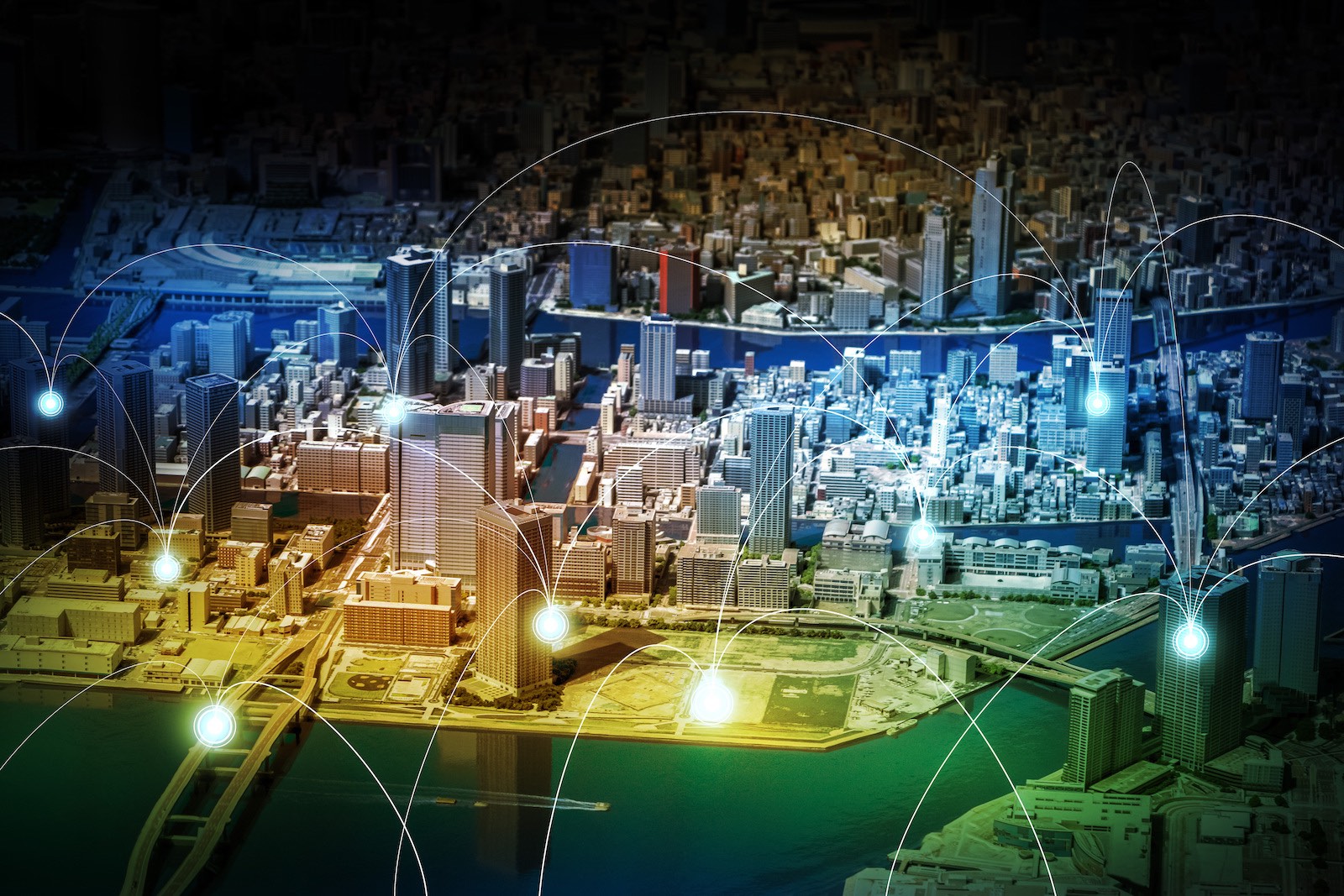The world's largest smartphone and computer chip manufacturer, Samsung, has taken a significant step into the Internet of Things (IoT) world with the launch of an IoT platform which uses artificial intelligence (AI) and sensors to manage buildings. This October, at the Samsung Developer Conference (SDC 2017), the Korean firm announced SmartThings Cloud, which will unite all of their IoT clouds into a single platform.
“At Samsung, we’re constantly innovating in order to deliver smarter, connected experiences for our consumers. Now we’re taking a big step forward with our open IoT platform, intelligent ecosystem and augmented reality (AR) capabilities,” said DJ Koh, President of Mobile Communications Business, Samsung Electronics.
“Through an extensive open collaboration with our business partners and developers, we are unlocking a gateway to an expanded ecosystem of interconnected and intelligent services that will simplify and enrich everyday life for our consumers.”
By combining its existing IoT services; SmartThings, Samsung Connect, and ARTIK, into one united IoT platform they will provide a single, powerful cloud-based hub that can seamlessly connect and control IoT-enabled products and services from a unified touchpoint. SmartThings Cloud will build one of the world’s largest IoT ecosystems, and will provide the infrastructure for a connected consumer experience that is innovative, versatile and holistic.
Developers will now have access to one cloud API across all SmartThings-compatible products in order to build their connected solutions and offer them to a wider market. The platform will also provide secure interoperability and services for business developing commercial and industrial IoT solutions. This essentially means that the firm is moving intelligence beyond devices and into an ubiquitous, personal and open ecosystem with introduction of Bixby 2.0 with SDK, integrated with Viv technologies.
Bixby 2.0, will be available on a variety of devices including the company’s Smart TVs and refrigerators. Bixby will now sit at the center of consumers’ intelligent ecosystem by introducing deep linking capabilities, and enhanced natural language abilities to better recognize individual users, and create a predictive, personalized experience that better anticipate their needs.
Prior to the launch speculation rife about an IoT and AI smart building management system for commercial buildings. Samsung already has a building management solution of course, the Samsung SDS BMS. It, like many others, integrates and remotely monitors electricity, lighting, HVAC, and elevator systems for a wide variety of smart buildings. After the launch of SmartThings Cloud there is more expectation about the potential of a new BMS called Samsung b.IoT.
Early reports suggest that b.IoT would be an IoT system with AI for smart commercial buildings, primarily for large organizations with offices. The smart office market is rapidly evolving, “progressive workplace design is now riding on the wave of the Internet of Things in smart buildings,” according to our most recent report The Future Workplace: Smart Office Design in the IoT Era.

“In the past, IoT use has generally been centred on home applications, but if it can be applied to buildings it can greatly expand the scale of the market,” stated Samsung. “With the introduction of new cellular network infrastructure that can better support IoT, we are looking to expand the IoT experience beyond the boundaries of the smart home. Most importantly, we are removing the barriers and bringing them all together in one, integrated IoT experience.”
Samsung indicated that it plans to use b.IoT at office building the Warsaw Spire in Poland, where it leases about 20% of the 100,000 square metre building, in addition to two R&D sites in Daegu and Yeongju, South Korea. The rollout will add to what has been a positive year for the Samsung’s IoT offering.
Back in June the firm started mass-production of a processor designed specifically for IoT applications. Then in early August Samsung announced it was ramping up its IoT push by launching a “complete brokering, metering and payments” solution it said allows device manufacturers and service providers to monetise data shared by IoT devices.
This latest launch underlines the company’s commitment to the IoT space, and the sizable reputation of the firm serves as a timely boost to the IoT and smart building sectors as we look towards a progressive 2018 for the hyper-connected world.
[contact-form-7 id="3204" title="memoori-newsletter"]



